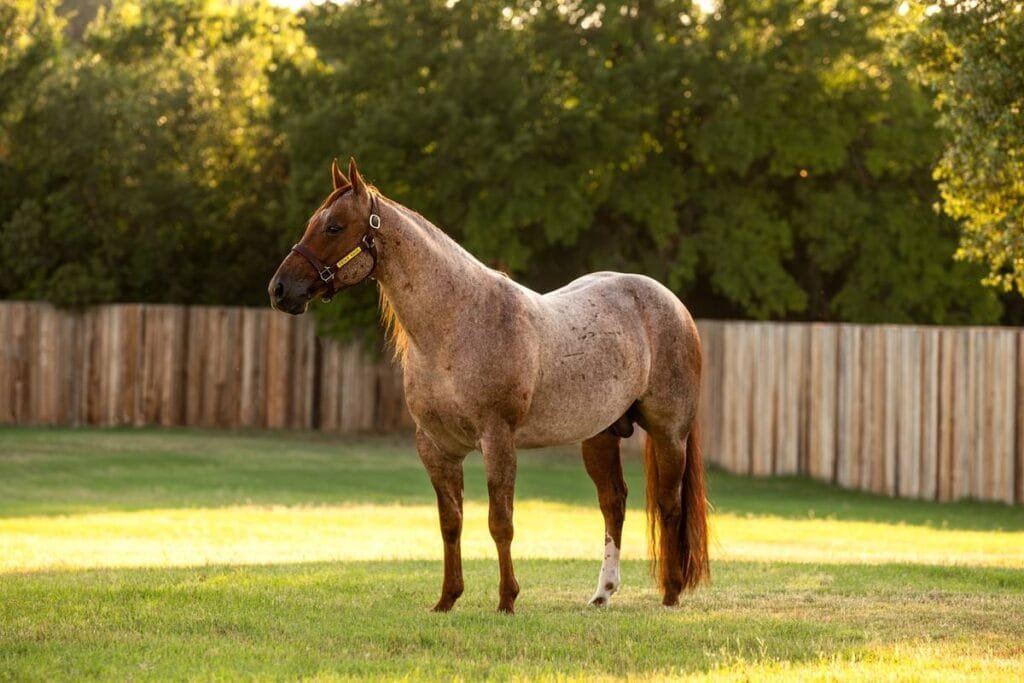Breton horse is a fascinating and remarkable breed that hails from the Brittany region of France.
Whether used in agriculture, driving, or sports, the Breton horse continues to prove its value and endearing nature. As efforts to preserve and promote this breed continue, the Breton horse is sure to remain a beloved and essential part of the equestrian world for years to come.
Origins and History
The Breton horse’s roots can be traced back to the region of Brittany in northwestern France. This area, known for its rugged landscape and demanding agricultural work, needed a horse that could endure hard labor while also being adaptable to various tasks. The breed’s history dates back to the early 19th century when farmers began selectively breeding horses for their strength and stamina.
Bretons were primarily used for draft work. Their primary role was to pull plows, carts, and other heavy equipment necessary for farming. Over time, the breed proved itself to be indispensable in both agricultural and industrial settings. They became known for their ability to work long hours in challenging conditions without tiring easily.
Feature details
| Feature | Details |
|---|---|
| Origin | Brittany, France |
| Historical Use | Draft work (pulling plows, carts), agriculture, and transportation |
| Height | 15 to 17 hands (60 to 68 inches or 152 to 173 cm) |
| Build | Strong, muscular body with broad chest and powerful legs |
| Coat Colors | Bay, chestnut, gray, among others |
| Head | Broad with a calm, expressive face |
| Temperament | Gentle, friendly, easygoing |
| Trainability | Highly trainable; excels in driving, dressage, and other equestrian sports |
| Uses | – Agricultural work (plowing, hauling) |
| – Driving (carriage and cart pulling) | |
| – Equestrian sports (dressage, show jumping) | |
| – Companion animals (family horses) | |
| Conservation Efforts | Focus on maintaining breed standards and raising awareness for continued survival |

Physical Characteristics
One of the most notable features of the Breton horse is its robust build. These horses are typically medium to large in size, standing between 15 and 17 hands high. They have a strong, muscular body that is well-suited to pulling heavy loads. Their legs are powerful and sturdy, designed to handle the demands of draft work.
Bretons have a broad, deep chest and a strong back, contributing to their ability to perform hard labor. Their coat is usually thick and can come in a range of colors, including bay, chestnut, and gray. The breed’s distinctive features also include a broad head and a calm, expressive face, which add to their gentle appearance.
Temperament and Trainability
One of the standout qualities of the Breton horse is its temperament. These horses are known for being exceptionally gentle and easygoing. Their calm nature makes them ideal for both novice and experienced horse owners. They are usually very friendly and approachable, which adds to their appeal as family horses and working animals.
Bretons are also highly trainable. Their intelligence and eagerness to please make them excellent candidates for various equestrian disciplines. Whether it’s driving, dressage, or show jumping, the Breton horse can adapt and excel. Their cooperative nature and willingness to learn make training a rewarding experience for both the horse and the handler.
Uses and Versatility
The Breton horse’s versatility is one of its most impressive traits. Historically, Bretons were primarily used for draft purposes, but their skills extend far beyond that. In modern times, they are employed in a variety of roles, including:
- Agricultural Work: Bretons continue to be used in farming, especially in regions where traditional farming methods are still in practice. Their strength makes them ideal for pulling plows and other equipment.
- Driving: The Breton horse is well-suited for driving competitions. Their ability to pull carriages and carts with grace and precision has made them popular in driving events.
- Equestrian Sports: Beyond driving, Bretons are increasingly seen in various equestrian sports. Their agility and strength enable them to compete successfully in disciplines such as dressage and show jumping.
- Companion Animals: Due to their friendly nature, Bretons are also valued as companion animals. They often form strong bonds with their owners and can be a great addition to any family.
Conservation and Future
In recent years, there has been a growing awareness of the need to conserve the Breton horse breed. With modern technology and changes in agricultural practices, the demand for draft horses has decreased. However, efforts are being made to ensure the breed’s survival and continued contribution to various fields.
Organizations and enthusiasts are working to promote the Breton horse and its unique qualities. Breeders are focused on maintaining the breed’s standards while also adapting to modern needs.




